Research Area: Viruses
-
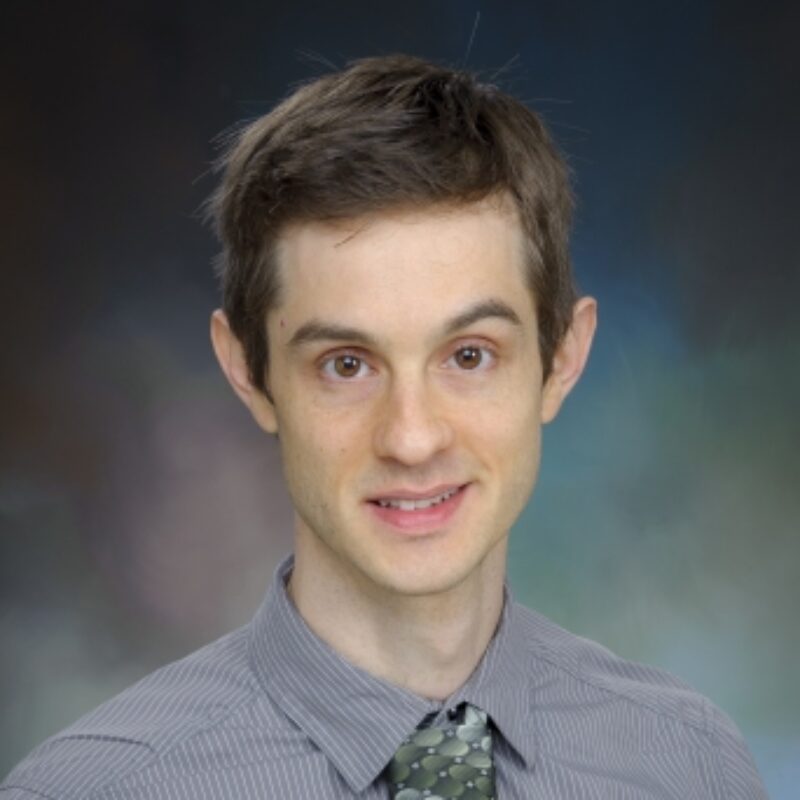
Rafael Kroon Campos
We study emerging arboviruses and other ssRNA+ viruses. We work on understanding the interactions between viruses and its hosts. Our research aims to improve our knowledge to ultimately promote global preparedness through proactive measures of prediction, surveillance, prevention, and treatment. Our lab focuses on emerging[...] -

Xander Wilcox
Xander was born and raised in the Ithaca, NY area and completed his bachelors at Hobart and William Smith Colleges. He went on to earn his PhD in chemistry and chemical biology in the labs of Dr. Andrew Fisher and Dr. Peter Beal at the[...] -
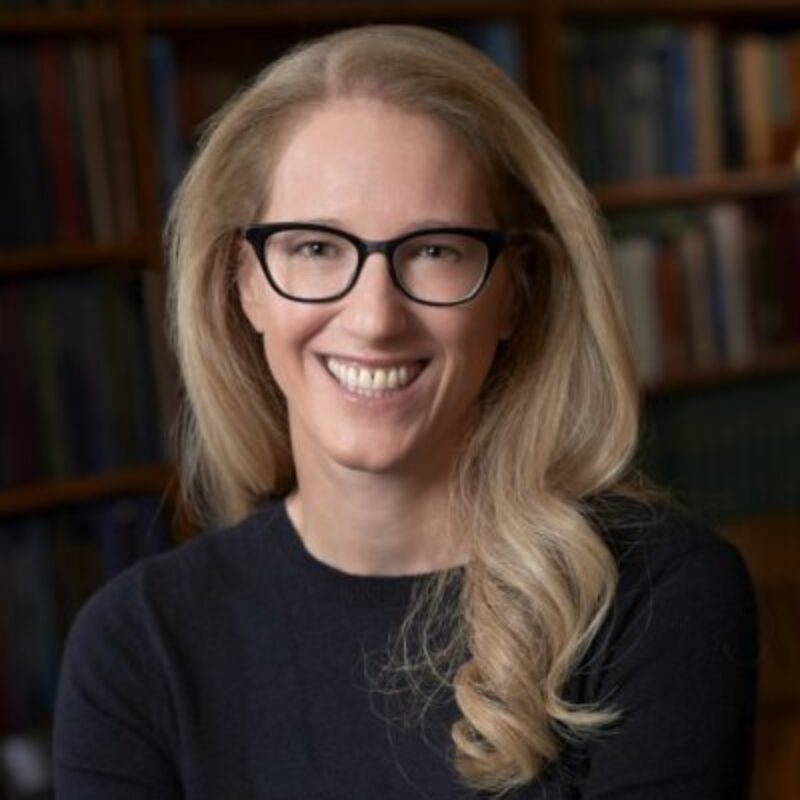
Raina Plowright
Our lab seeks to understand and prevent spillover of zoonotic pathogens from wildlife to other species. We develop the science of pandemic prevention through collaborative, transdisciplinary science. We work in the field, the lab, and in silico, all with a commitment to translate the science[...] -
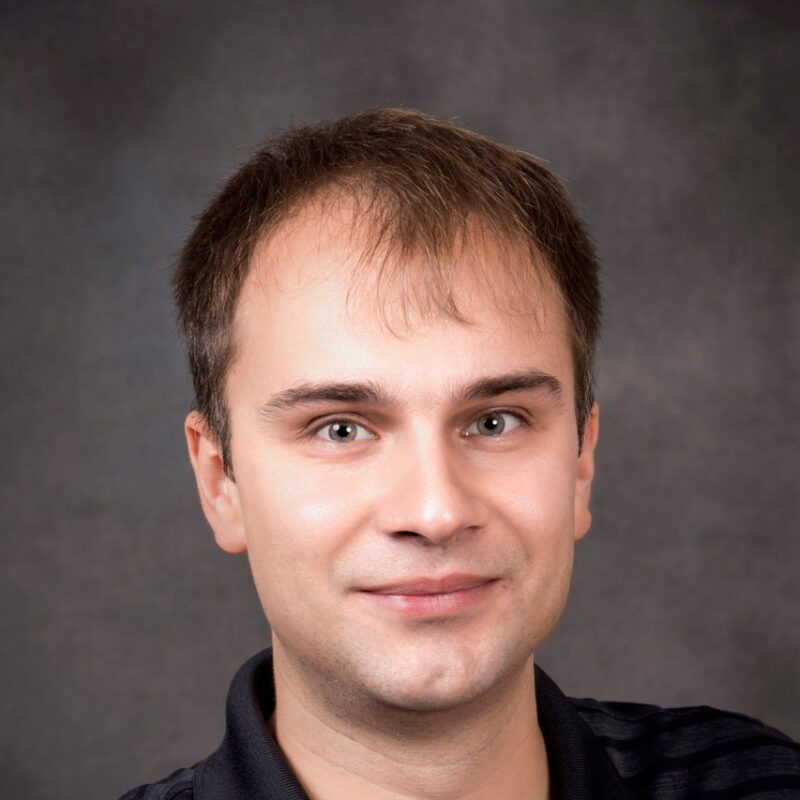
Andrew Flyak
The Flyak lab studies human antibody response to viral pathogens. We try to answer questions like, how do human antibodies neutralize rapidly mutating viruses? And, how can we design vaccines that mimic effective antibody responses seen in some individuals? In our lab, we isolate antibodies[...] -
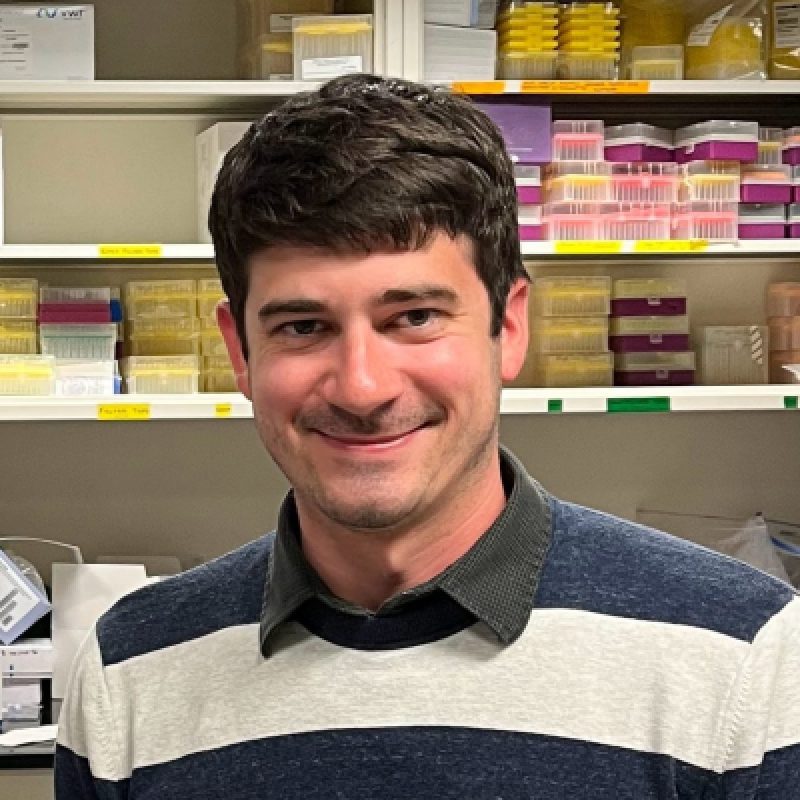
Scott Keith
Scott’s research investigates how endocrine signaling networks regulate animals’ physiological responses to pathogenic microbes. He uses the fruit fly Drosophila melanogaster as a genetically tractable model to investigate the mechanisms by which several key insect hormones and their cognate nuclear receptors both directly and indirectly[...] -
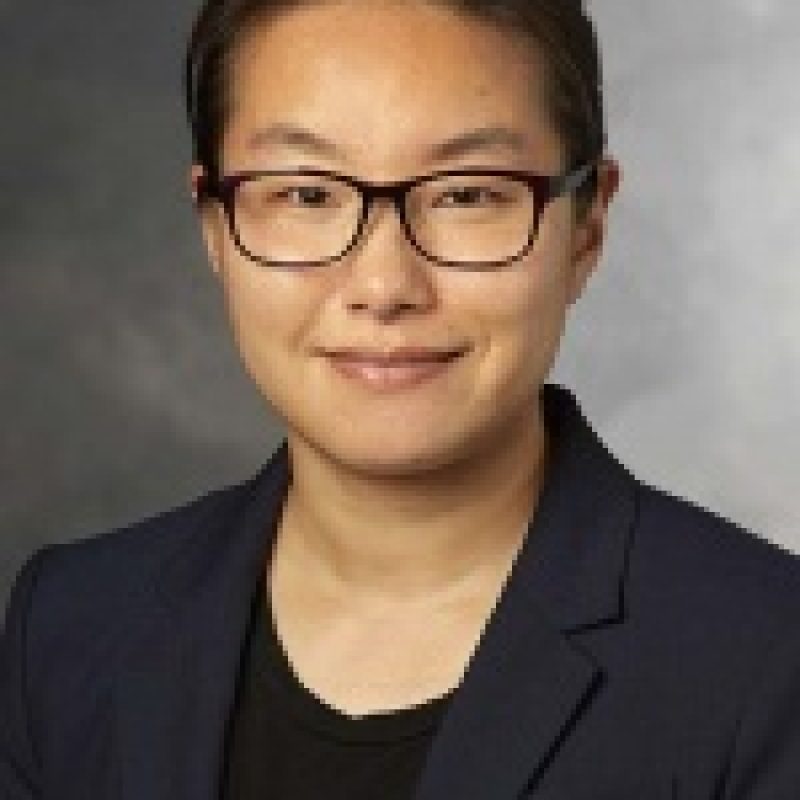
Jaehee Kim
The Kim Lab focuses on the general fields of population genetics and evolutionary biology. Dr. Kim is interested in computational problems relevant to understanding evolutionary processes and population dynamics, and in development and application of statistical methods for inference from genetic data. In addition to[...] -

Sarah Caddy
We study positive and negative interactions between viruses and antibodies. We are particularly interested in maternal antibodies, which are transferred from mother to infant to protect against neonatal infections. However, these antibodies can also block the infant response to vaccines. Despite this phenomenon being identified[...] -
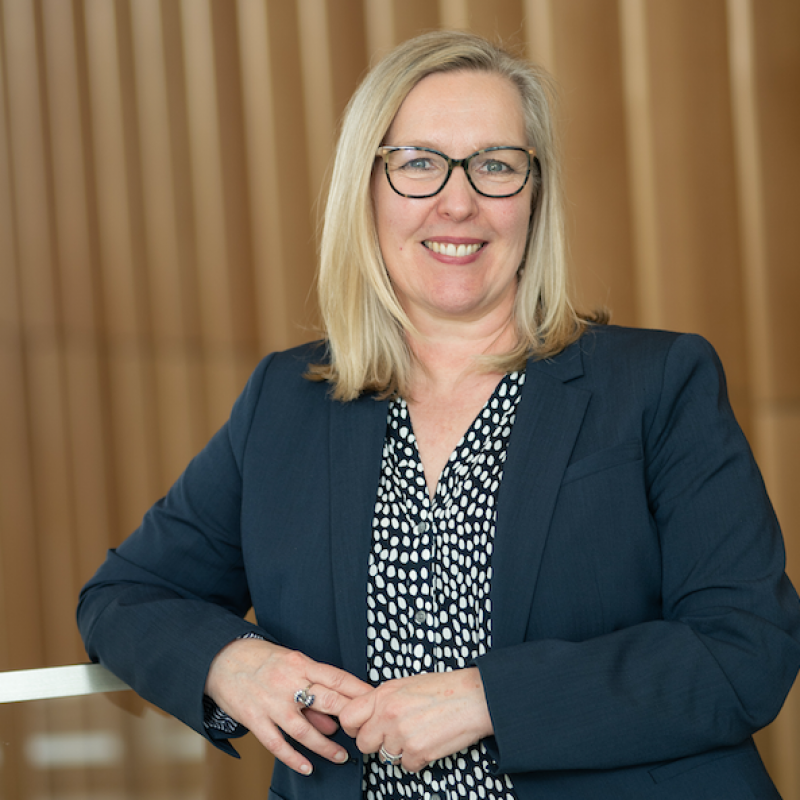
Deborah Fowell
We are actively engaged in defining the signals that enable effector T cells to ‘find’ areas of infection and damage within inflamed tissues. We utilize intravital multiphoton microscopy and optogenetic tools to visualize and manipulate effector CD4+ T cells in situ. These approaches have revealed extrinsic[...] -

Brandon Hollingsworth
I am interested in finding better ways of controlling the mosquito Aedes aegypti, the main vector of dengue and Zika viruses. Specifically, I am interested in determining how they move through their environment and the effect that has on different control strategies. The mosquito virome, the[...] -

Gabrielle Le-Bury
Macrophages are susceptible to HIV-1 infection and are resistant to virally-induced cell death. Alveolar macrophages (AM) in particular are known to be extremely long-lived and self-renewing, and have been shown to be both permissive to HIV-1 infection and persist in the face of Anti-Retroviral Therapy[...]
